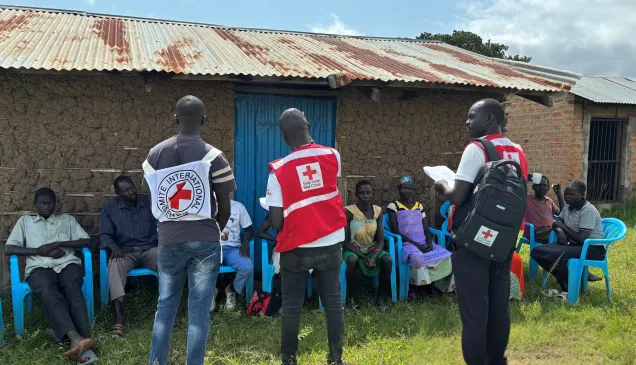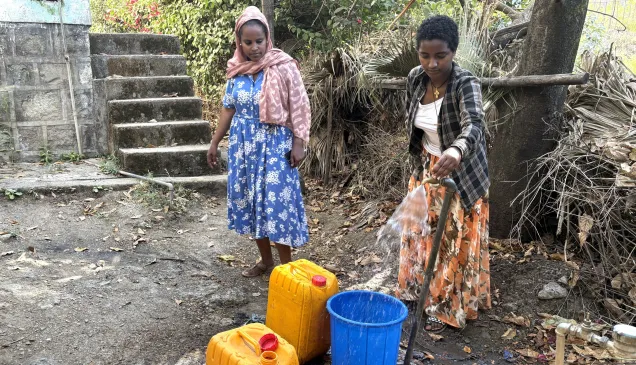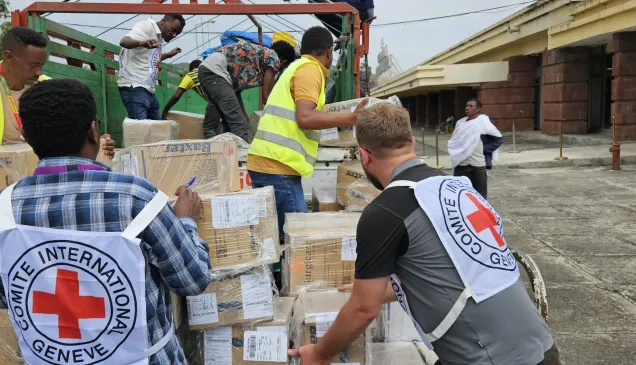Ethiopia: Respecting and protecting health care during a conflict
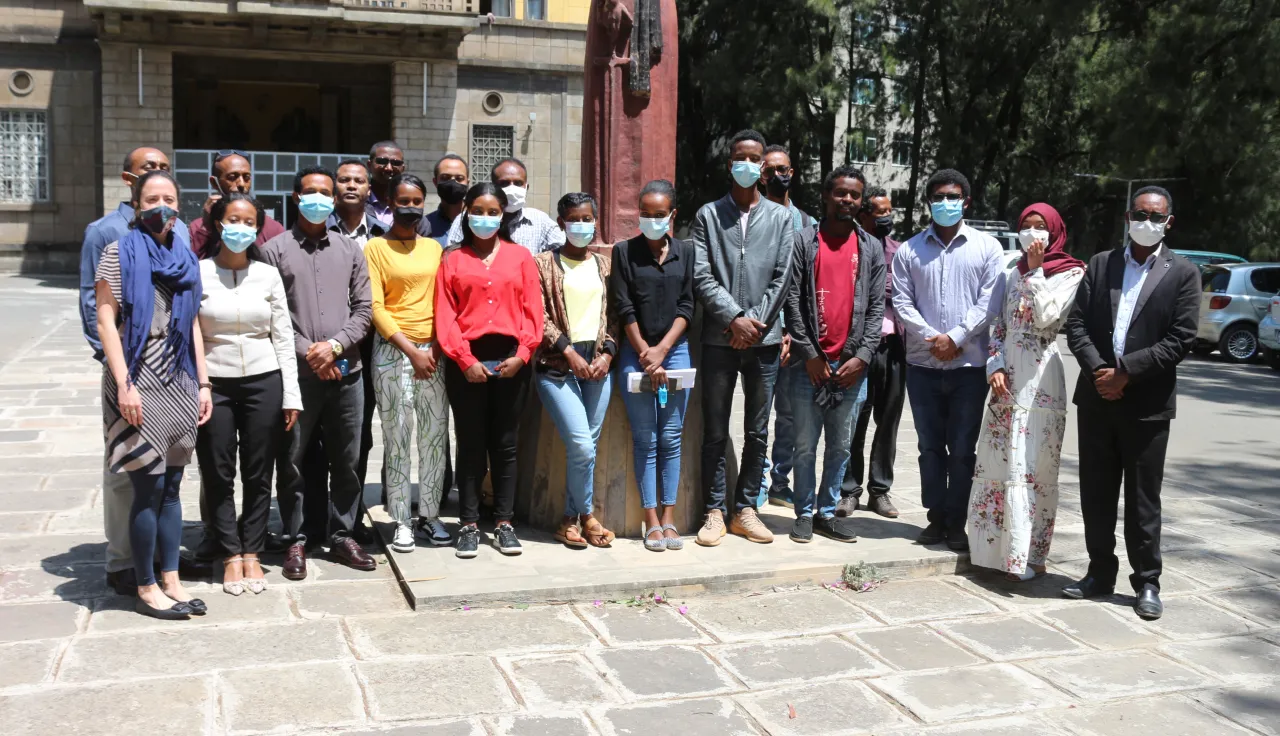
As part of the Health Care in Danger (HCiD) initiative, the ICRC seeks to foster partnerships with key stakeholders involved in preventing and addressing violence against health care.
In line with this initiative, the ICRC, together with Addis Ababa University International Humanitarian Law (IHL) Clinic, conducted a half-day seminar in early March 2021 titled: "Respecting and Protecting Health Care During Conflict".
The partnerships' key aim is to encourage the adoption of recommendations and legal frameworks that support the implementation of effective and useful measures to protect and generate respect for the medical mission.
The Addis Ababa University International Humanitarian Law (IHL) Clinic, which was established recently with the technical and financial support of the ICRC, aims to provide a platform for learning, research, debate and awareness on IHL.
The seminar, the first of its kind to be held in Ethiopia, brought together 17 lecturers, post-graduate and graduate students of international human rights and humanitarian law as well as medical practitioners.
"The main objective of the seminar was to enable participants to gain a good understanding of the challenges surrounding respect and protection of health care globally and, to a limited extent, in Ethiopia," said Raji Gezahegn, ICRC Legal Advisor.
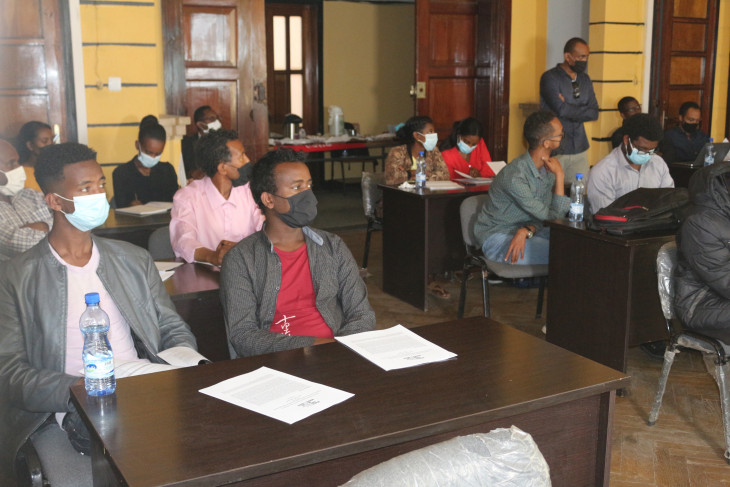
Participants attending the seminar, Addis Ababa University, March 2021. Alemayehu Takele/ICRC
Topics such as challenges facing healthcare systems during conflicts, the HCiD initiative of the Red Cross and Red Crescent Movement, international legal frameworks for the protection of health care and the protection of the Red Cross Emblem under Ethiopian Law were discussed.
In her presentation, Ana Elisa M. Barbar, Advisor to the HCiD Initiative Unit at the ICRC, provided participants with a snapshot of ICRC's mandate, principles and working modalities, and the challenges that health care systems face in situations of armed conflict and other situations of violence. She particularly highlighted the role academia can play in documenting violence against health care, shaping the research agenda of educational institutions and undertaking multidisciplinary studies aimed at enhancing the protection of health systems during conflicts.
The "Health Care in Danger" project is an initiative of the International Red Cross and Red Crescent Movement aimed at addressing the issue of violence against patients, health-care workers, facilities and vehicles, and ensuring safe access to and delivery of health care in armed conflict and other emergencies.

